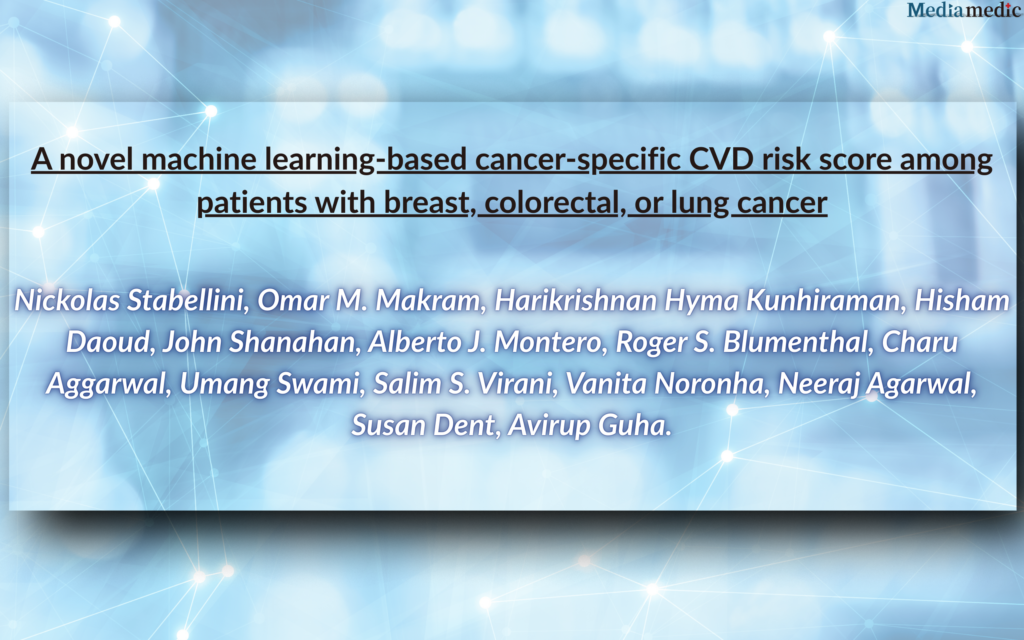
The Chinese Anti-Cancer Association, adhering to the tenet of "prevention, screening, diagnosis, treatment, and rehabilitation," has launched the "Chinese Tumor Integrated Diagnosis and Treatment Guidelines." At the 2024 CACA Integrated Breast Cancer Conference, "Oncology Frontier" invited three authoritative experts from internal medicine, surgery, and radiotherapy—Dr. Man Li from The Second Hospital of Dalian Medical University, Dr. Yingying Xu from The First Hospital of China Medical University, and Dr. Jiayi Chen from Ruijin Hospital, Shanghai JiaoTong University School of Medicine—to discuss the comprehensive management of breast cancer patients under the theme of "Integration for Prevention, Screening, Diagnosis, Treatment, and Rehabilitation." Under the moderation of Dr. Wei Li from Jiangsu Province Hospital, the three experts explored key aspects of comprehensive breast cancer management from personalized treatment, multidisciplinary collaboration, minimally invasive techniques, to new advancements in radiotherapy, providing valuable practical experience and theoretical guidance for future breast cancer management.









